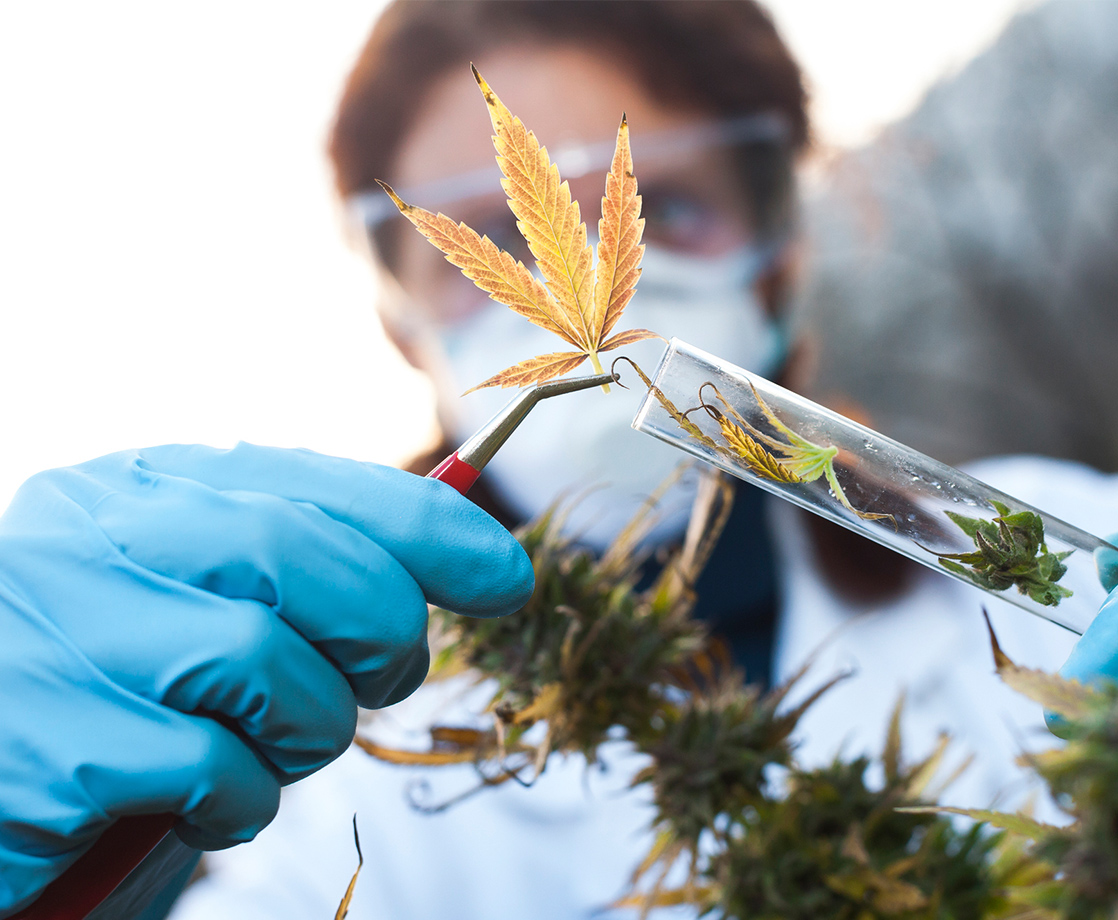A House committee has greenlit a new bill that would force the Department of Justice to expand the pool of government-sanctioned cannabis growers, with aims to provide ample amounts of high-quality pot for scientific and medical research.
The government currently allows the University of Mississippi to grow cannabis for research purposes, but the quality of weed produced by this institution is so appallingly low that the Food and Drug Administration (FDA) will not even accept clinical trials that utilize the schwag.
In 2016, the Drug Enforcement Agency (DEA) began accepting applications for additional growers, but Attorney General Jeff Sessions has sat on these applications, despite over a dozen letters from legislators urging him to take action on the issue.
This spring, Rep. Matt Gaetz proposed the Medical Cannabis Research Act in order to force Sessions’ hand. The bill, which now has 40 co-sponsors, would increase the number of federally-legal marijuana cultivators from one to three.
“For too long, Congress has faced a dilemma with cannabis-related legislation: we cannot reform cannabis law without researching its safety, its efficacy, and its medical uses — but we cannot perform this critical research without first reforming cannabis law,” Gaetz said in a statement. “The Medical Cannabis Research Act helps break that logjam, allowing researchers to study medical cannabis without fear of legal jeopardy.”
This week, the bill passed the House Judiciary Committee, becoming the first standalone cannabis bill to ever survive a Congressional committee. Some credit for the bill’s passage goes to committee chair Bob Goodlatte, who signed on as cosponsor of the bill despite his long standing opposition to cannabis reform. “While there are many varying opinions on the issue of marijuana, one thing we all can agree on is that we need qualified researchers to study the science to determine if there are any potential medicinal benefits to chemicals derived from cannabis,” Goodlatte said in a statement.
Even though the bill had strong support from both parties, its passage was still marked by bitter debate. Several committee members argued that a provision to block anyone with a “conviction for a felony or drug-related misdemeanor” from participating in government-approved cannabis research should be stripped from the bill. Cannabis advocates have warned that this provision could set a precedent of excluding former cannabis offenders from participating in the legal weed industry, and have urged lawmakers to vote against the bill for this reason.
In a letter to the committee, the American Civil Liberties Union, the Drug Policy Alliance, Human Rights Watch, and other groups urged for this language to be struck from the bill. “There is no legitimate health or public safety justification for the inclusion of this language and we urge you to strike this unnecessary, punitive ban on individuals with previous drug law violations,” the letter read, Forbes reports. “To help lower recidivism rates and improve public safety, we should be making it easier for people with records to obtain jobs, not more difficult.”
Ultimately, Goodlatte chose not to change the bill, but promised to revise the restrictions before it hit the House floor. The chairman said he would “probably not object” to changing the bill to remove the restrictions preventing people with former drug possession convictions from participating in the cannabis research field. The bill will now move to the full House for a vote, and, if approved, will move on to the Senate, which has traditionally shown greater support for cannabis reform than Congress’s lower chamber.
“While this vote marks a step forward, it must also be acknowledged that despite existing barriers to research, ample studies already exist to contradict cannabis’ federal, Schedule I status as a substance without medical utility, lacking acceptable safety, and possessing a high potential of abuse,” NORML Deputy Director Paul Armentano said in a statement. “More clinical research is welcome, but unfortunately science has never driven marijuana policy. If it did, the United States would already have a very different policy in place.”











